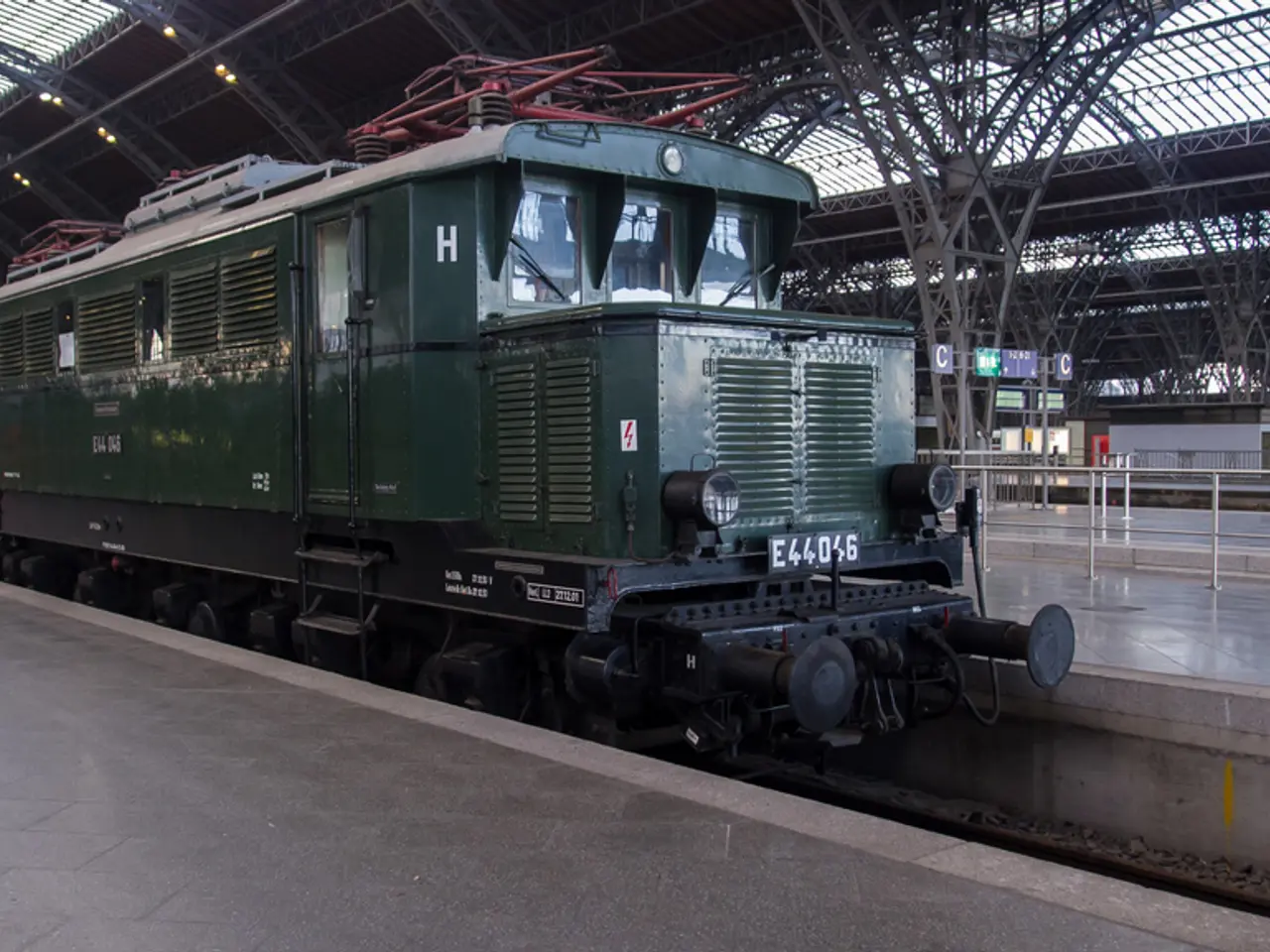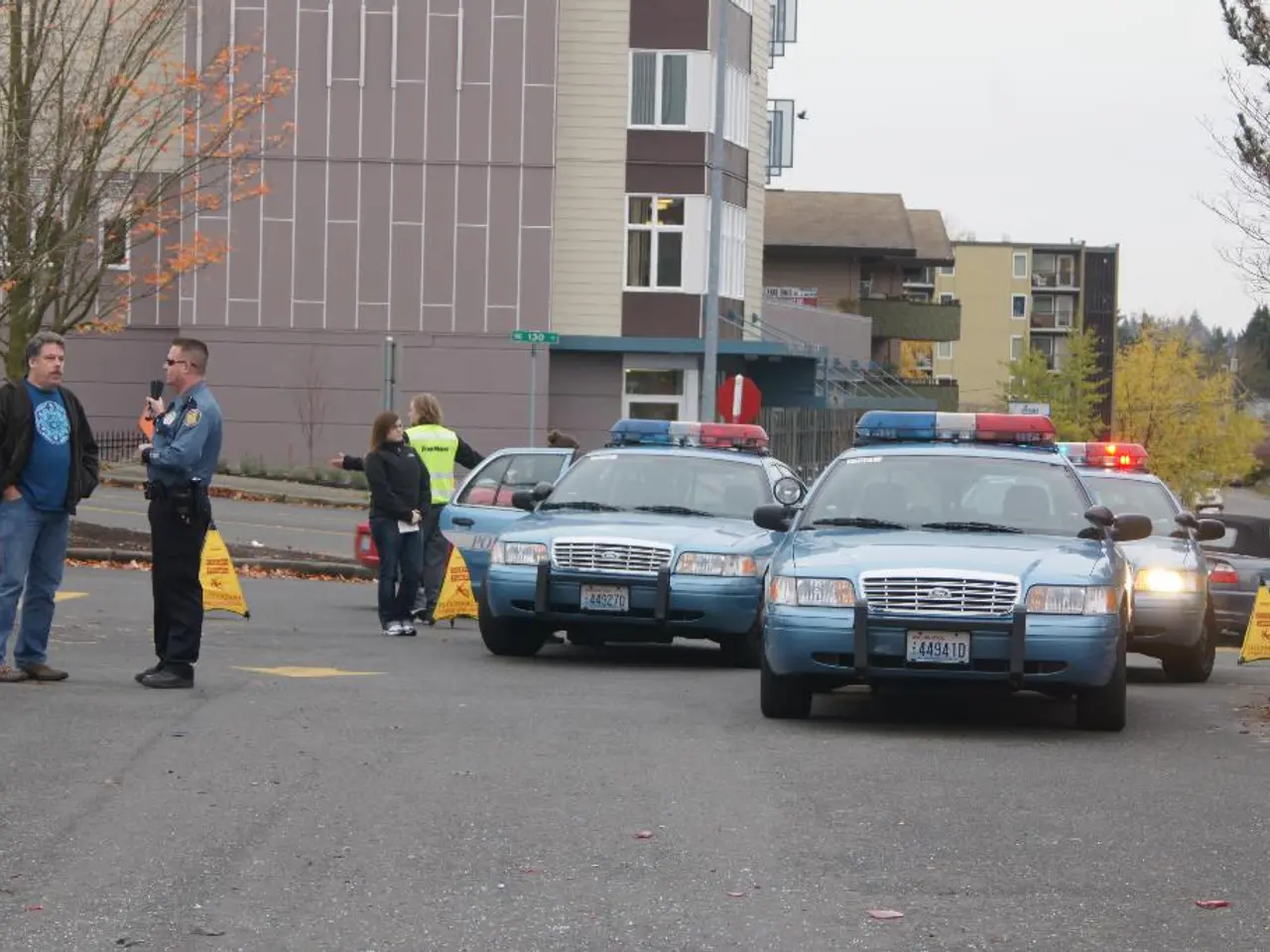The Monarchy's Royal Train Service has been temporarily halts its functions.
In a significant move aimed at reducing operational expenses and modernizing the monarchy, King Charles III has announced the retirement of the British Royal Train. The train, which has been a part of national life for many decades, has been out of service since 2020 due to high costs.
First used during the reign of Queen Victoria in the mid-19th century, the Royal Train has been in service for over 123 years since King Edward VII's reign. However, its annual running costs, estimated around £1 million, and limited use—only one or two trips per year by the current monarch—have made it difficult to justify in the current economic climate.
King Charles III's decision aligns with his broader efforts to make the Royal Household more cost-efficient and environmentally responsible. The Royal Train would have required extensive renovations to meet modern rail system standards, adding to the financial burden.
As an alternative, the royal family is expected to rely more on commercial rail services for train travel. A new strategy has also been introduced, with the use of two new helicopters for official journeys. These helicopters offer flexible and efficient travel options suitable to the modern demands of the royal engagements.
The retirement of the Royal Train marks the end of a historic royal tradition. The Royal Household's official duties and palaces are funded by the Sovereign Grant, and the decision to retire the train is part of a broader commitment to a more economical and environmentally conscious monarchy.
In 2020, Prince William and his wife Kate traveled 2000 kilometers by train to thank essential workers during the COVID-19 pandemic, demonstrating the train's historical significance. However, the decision to retire the train was made in light of its high costs and limited use.
The Royal Household's annual report for 2024/25 shows an expenditure of £86.3 million, a figure that is set to increase to £132 million next year. This move is part of King Charles III's efforts to make the Royal Household more disciplined and forward-thinking in allocating funds.
The shift reflects a broader modernization and cost-saving strategy by the King and the Royal Household. Initially, the royal train was intended to transport Queen Elizabeth II's coffin from Scotland to London in 2022, but security concerns led to a change of plan.
[1] BBC News, "Royal train to be taken out of service," 2022. [2] The Guardian, "King Charles III retires the royal train," 2023. [3] The Telegraph, "King Charles III's modernization of the monarchy," 2023. [4] Sky News, "King Charles III's new travel plan for the royal family," 2023.
The Commission has also initiated discussions surrounding policy-and-legislation related to politics, with the potential for changes in general-news, as the retirement of the British Royal Train signifies a shift towards a more cost-efficient and environmentally responsible monarchy. Despite the historical significance of the Royal Train as demonstrated by Prince William and his wife Kate during the COVID-19 pandemic, its high costs and limited use have been the primary reasons for this modernization in royal travel plans.







